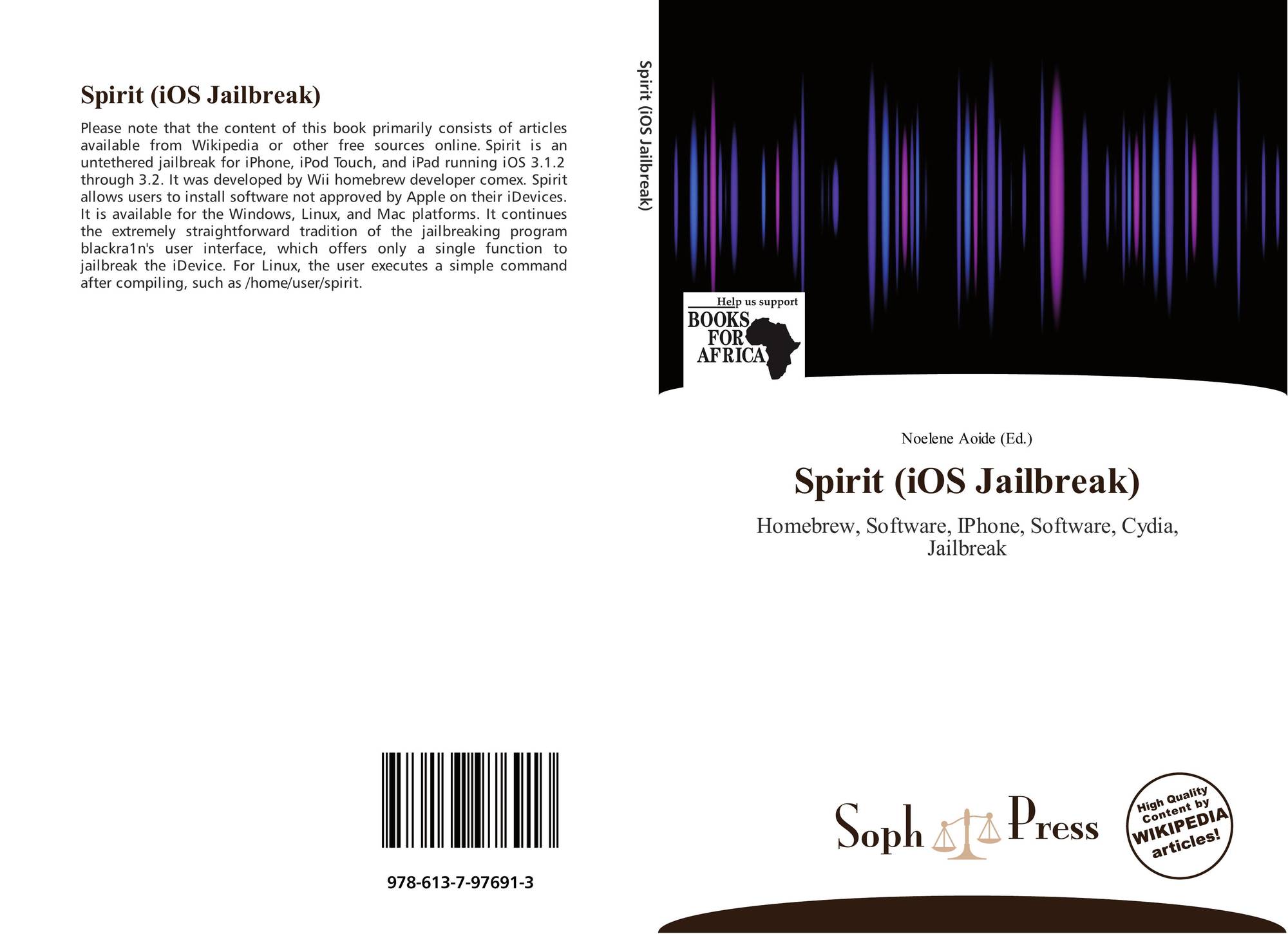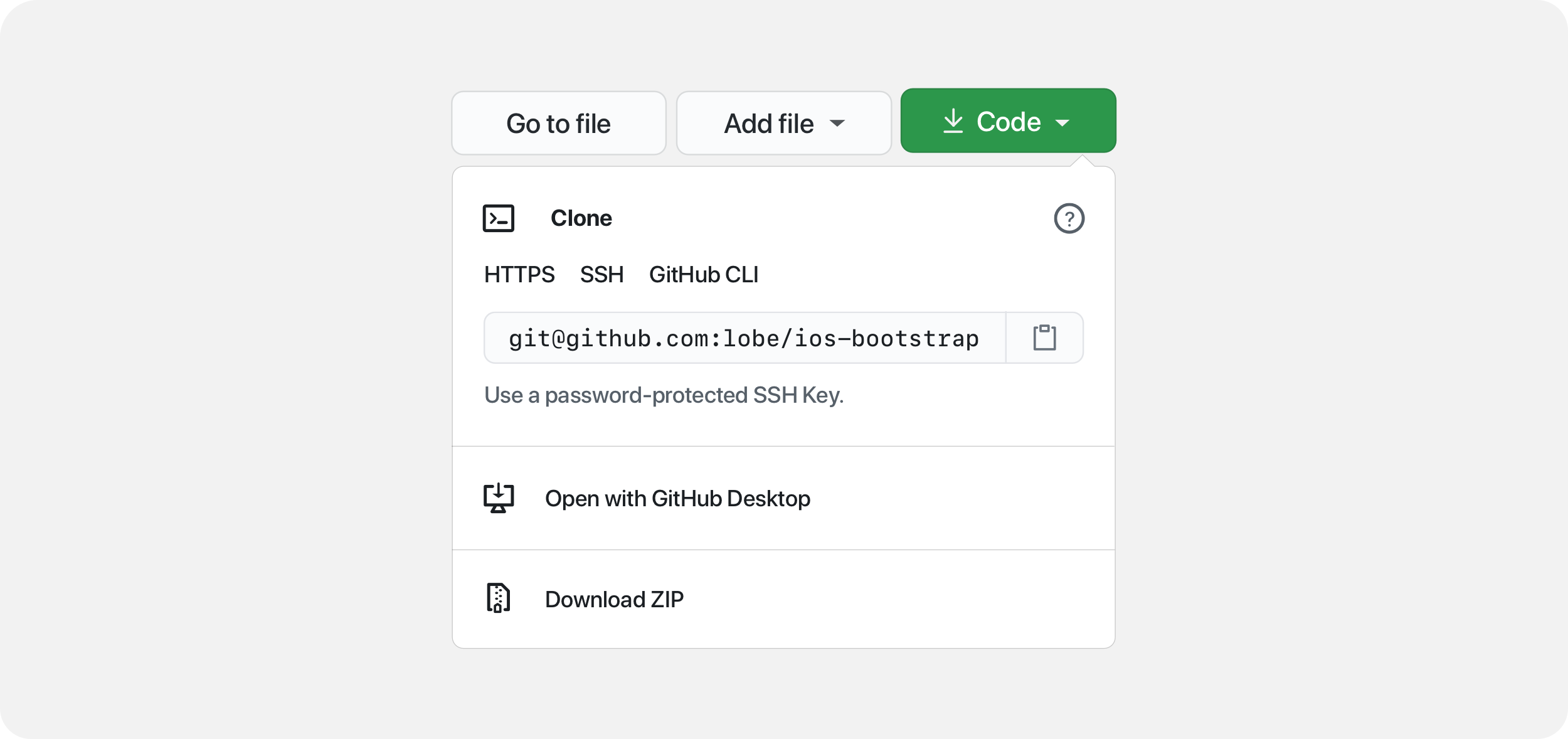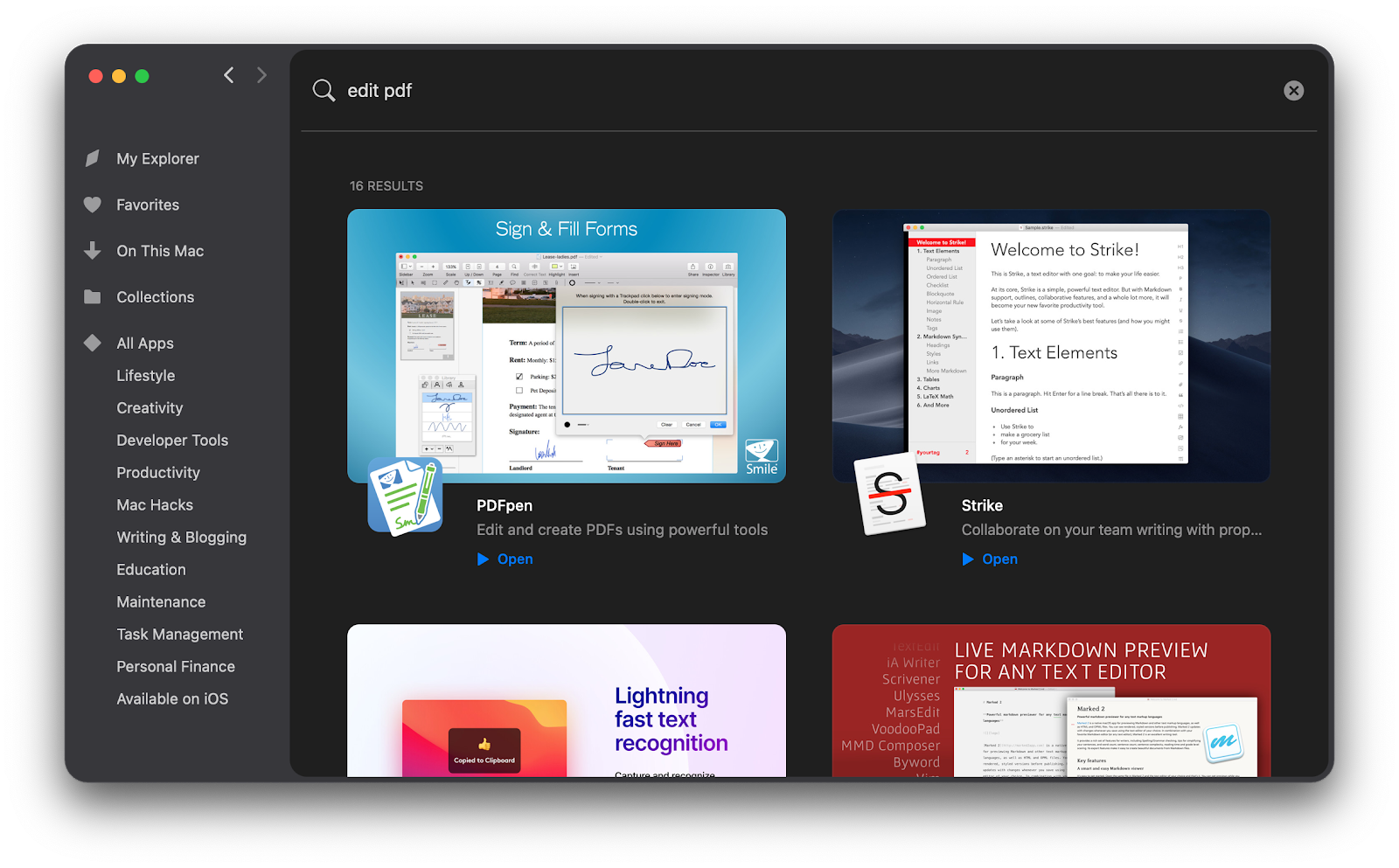The Homebrew package manager may be used on Linux and Windows Subsystem for Linux (WSL). Homebrew was formerly referred to as Linuxbrew when running on Linux or WSL. It can be installed in your home directory, in which case it does not use sudo. Homebrew does not use any libraries provided by your host system, except glibc and gcc if they are new enough. Homebrew can install its own current versions of glibc and gcc for older distributions of Linux.
Homebrew¶ We use the Homebrew package manager for OSX to install some of the dependencies and tools used by Kivy. It’s a really helpful tool and is an Open Source project hosted on Github. Homebrew is an open-source package manager for macOS that offers an easy way to install software and tolls through the command line. If you are a coder, developer, Terminal lover, or more tech-savvy than an average Mac user, you can use Homebrew to simplify software installation on your Mac. Homebrew is designed for use on macOS systems. It is not intended for use on iOS, and the packages it downloads will not run on an iOS system. It cannot compile packages for iOS either, as the Xcode toolchain is not available for iOS. Attempting to install Homebrew will be futile, and may render your device unusable. Feb 13, 2021 How to Update Homebrew on Mac. Want to update Homebrew and your packages? Of course you do! Homebrew is a popular package manager for Mac that easily allows users to install and manage command line tools, apps, and utilities, typically familiar with the Linux and Unix world.
No, this isn't possible. Homebrew is designed for use on macOS systems. It is not intended for use on iOS, and the packages it downloads will not run on an iOS system. It cannot compile packages for iOS either, as the Xcode toolchain is not available for iOS.

Features, installation instructions and requirements are described below. Terminology (e.g. the difference between a Cellar, Tap, Cask and so forth) is explained in the documentation.
Features
- Can install software to your home directory and so does not require sudo
- Install software not packaged by your host distribution
- Install up-to-date versions of software when your host distribution is old
- Use the same package manager to manage your macOS, Linux, and Windows systems

Install
Instructions for a supported install of Homebrew on Linux are on the homepage.
The installation script installs Homebrew to /home/linuxbrew/.linuxbrew using sudo if possible and in your home directory at ~/.linuxbrew otherwise. Homebrew does not use sudo after installation. Using /home/linuxbrew/.linuxbrew allows the use of more binary packages (bottles) than installing in your personal home directory.
The prefix /home/linuxbrew/.linuxbrew was chosen so that users without admin access can ask an admin to create a linuxbrew role account and still benefit from precompiled binaries. If you do not yourself have admin privileges, consider asking your admin staff to create a linuxbrew role account for you with home directory /home/linuxbrew.
Cdisplay download mac. Follow the Next steps instructions to add Homebrew to your PATH and to your bash shell profile script, either ~/.profile on Debian/Ubuntu or ~/.bash_profile on CentOS/Fedora/Red Hat.
You’re done! Try installing a package: Castle crashers mac free download.
If you’re using an older distribution of Linux, installing your first package will also install a recent version of glibc and gcc. Use brew doctor to troubleshoot common issues.

Requirements
- GCC 4.7.0 or newer
- Linux 2.6.32 or newer
- Glibc 2.13 or newer
- 64-bit x86_64 CPU
Paste at a terminal prompt:
Debian or Ubuntu
Fedora, CentOS, or Red Hat
ARM
Homebrew can run on 32-bit ARM (Raspberry Pi and others) and 64-bit ARM (AArch64), but no binary packages (bottles) are available. Support for ARM is on a best-effort basis. Pull requests are welcome to improve the experience on ARM platforms.
You may need to install your own Ruby using your system package manager, a PPA, or rbenv/ruby-build as we no longer distribute a Homebrew Portable Ruby for ARM. Logos 6 download mac.
32-bit x86
Homebrew does not currently support 32-bit x86 platforms. It would be possible for Homebrew to work on 32-bit x86 platforms with some effort. An interested and dedicated person could maintain a fork of Homebrew to develop support for 32-bit x86.
Alternative Installation

Extract or git clone Homebrew wherever you want. Use /home/linuxbrew/.linuxbrew if possible (to enable the use of binary packages).
Videos For Homebrew Ios
Homebrew on Linux Community
